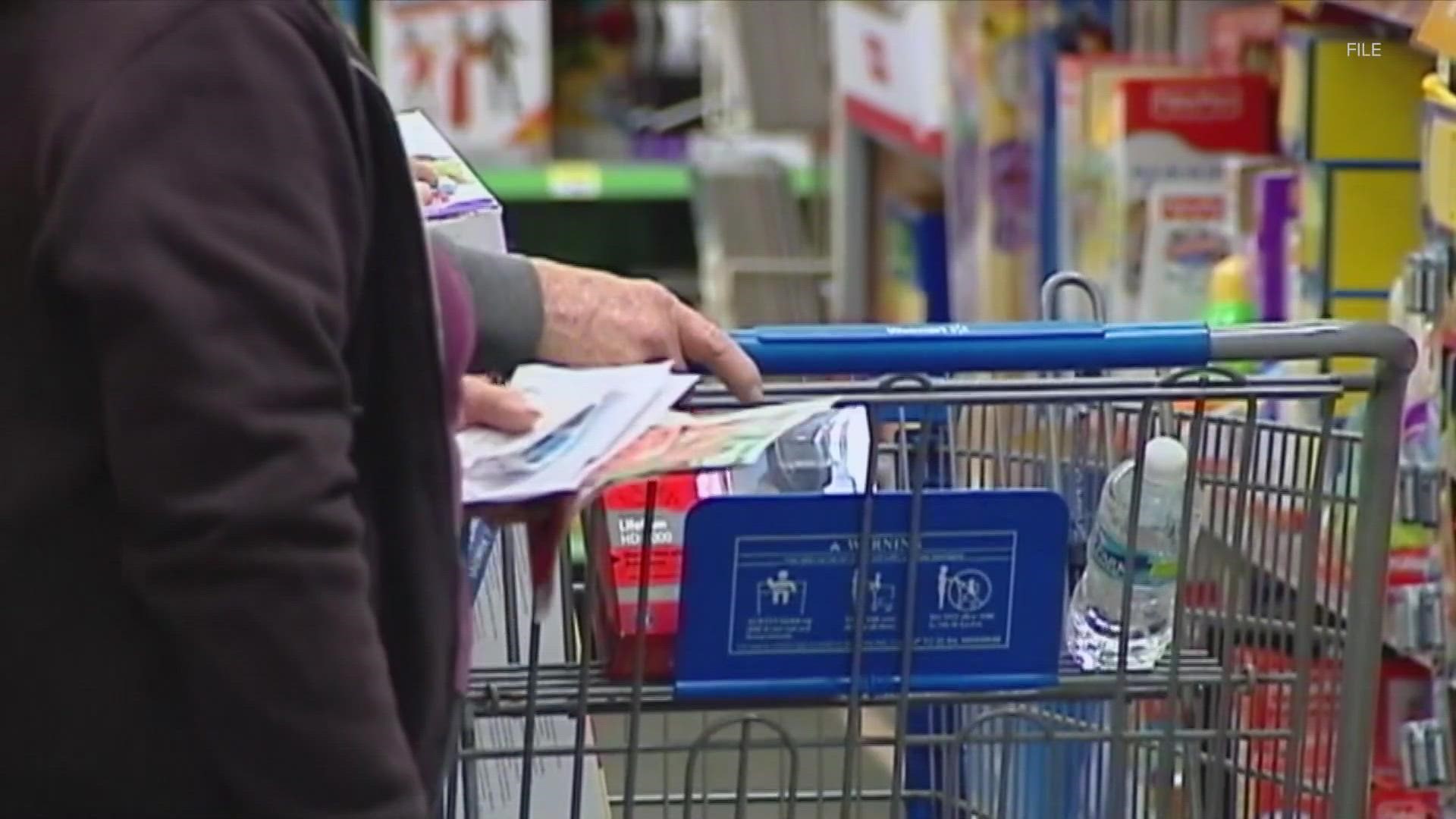OLYMPIA, Wash. — Changes in federal funding will impact more than 520,000 households in Washington state currently receiving extra help paying for groceries.
Beginning March 1, recipients of the Supplemental Nutrition Assistance Program (SNAP) program will no longer receive additional allotments that have been distributed for the past two years due to the COVID-19 pandemic. For the average recipient across the country, that means about $90 less per month.
"Not having these additional emergency benefits at hand right now will be very impactful to families and individuals, and we're very concerned about that," said Babs Roberts, the director of the Community Services Division at the Department of Social and Health Services.
On average, each household has been receiving an additional $171 each month.
However, people will see slightly more money than they were pre-pandemic due to the U.S. Department of Agriculture making cost-of-living adjustments. According to the Department of Agriculture, the average monthly SNAP benefits per person before the pandemic were $121. Starting March 1, benefits will be an estimated $169.
Roberts said people who signed up for SNAP benefits should make sure their information is updated with the state to ensure they are fully utilizing program. Benefits are based largely on a household's income, size and certain expenses, according to the Department of Agriculture.
The emergency program was enacted by Congress at the start of the pandemic in March 2020 and expanded a year later. Eighteen states have already rolled back payments for more than 10 million people. Nearly 30 million more people will be impacted across the country with funding rolling back for the other 32 states.

